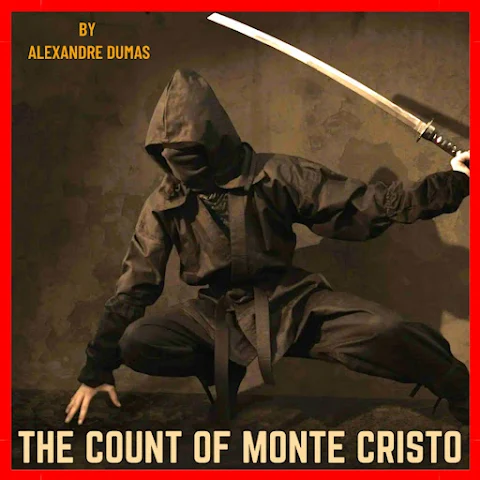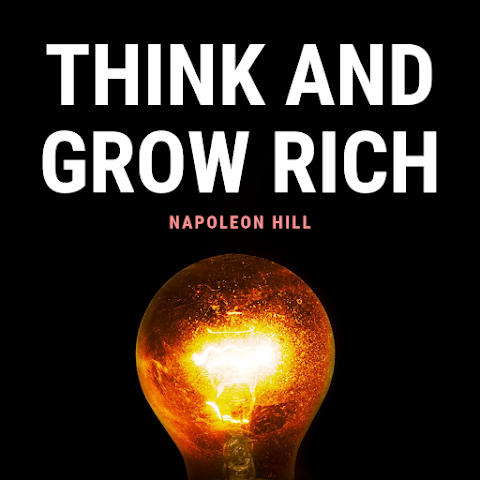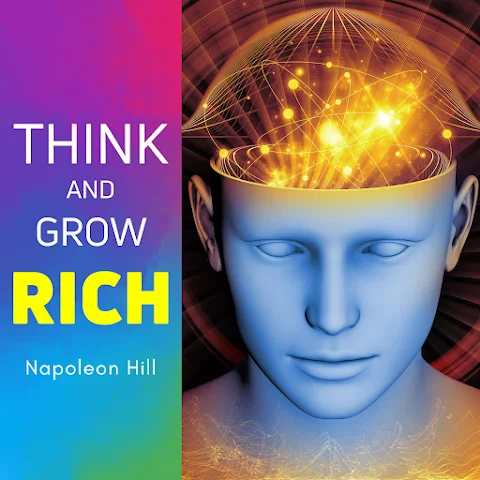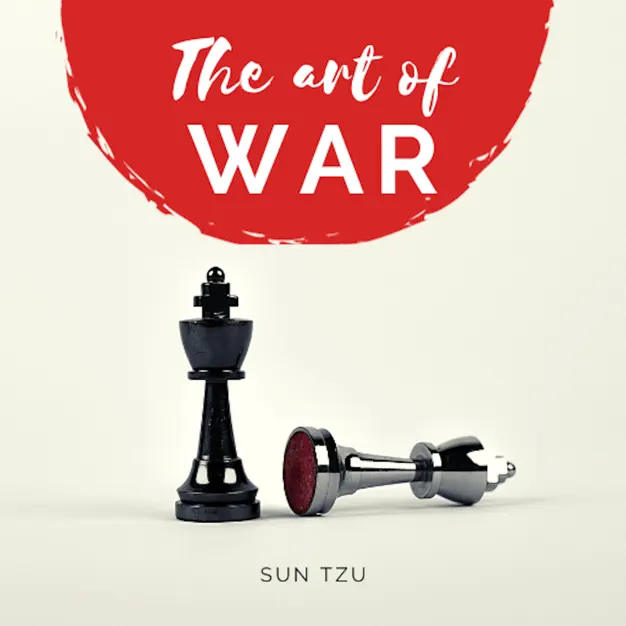Despite being written in the 1840s, "The Count of Monte Cristo" continues to captivate modern readers. Its themes of revenge, justice, and personal transformation speak powerfully to contemporary audiences, while its exploration of wealth, power, and corruption remains startlingly relevant.
Social Media and Modern Justice
As one reviewer astutely notes, "in an age of social media justice and cancel culture, these questions are more relevant than ever." The Count's methodical exposure of his enemies' misdeeds parallels modern phenomena where past wrongs are brought to light through digital platforms, raising similar questions about justice, revenge, and redemption.
Wealth and Power Dynamics
The novel's examination of how wealth shapes society remains pertinent. Modern readers relate to the way the Count uses his newfound fortune to navigate social circles and influence events, reflecting contemporary discussions about wealth inequality and social mobility.
"And whatever philosophers say, it's marvellous to be rich." – "And, above all, to have ideas." - Quote from the novel, highlighted by reviewers
Personal Transformation
The theme of reinvention resonates strongly with modern audiences. As one reviewer observes, "inside each of us there is both Edmond and the Count together," suggesting how life experiences can fundamentally change us. This speaks to contemporary interests in personal development and transformation.
Political Corruption
The novel's depiction of political intrigue and corruption feels remarkably current. Modern readers find parallels between the manipulation of justice for political ends in Dantès' case and contemporary concerns about systemic corruption and abuse of power.
Mental Health and Trauma
Modern readers particularly connect with the psychological aspects of the story. The Count's trauma from his imprisonment and its lasting effects reflect contemporary discussions about mental health, PTSD, and the long-term impact of trauma.
Conclusion
"The Count of Monte Cristo" endures because its core themes - justice, revenge, transformation, and the corrupting influence of power - remain deeply relevant to modern life. While the setting may be historical, the human experiences and moral dilemmas it explores continue to resonate with contemporary readers.



